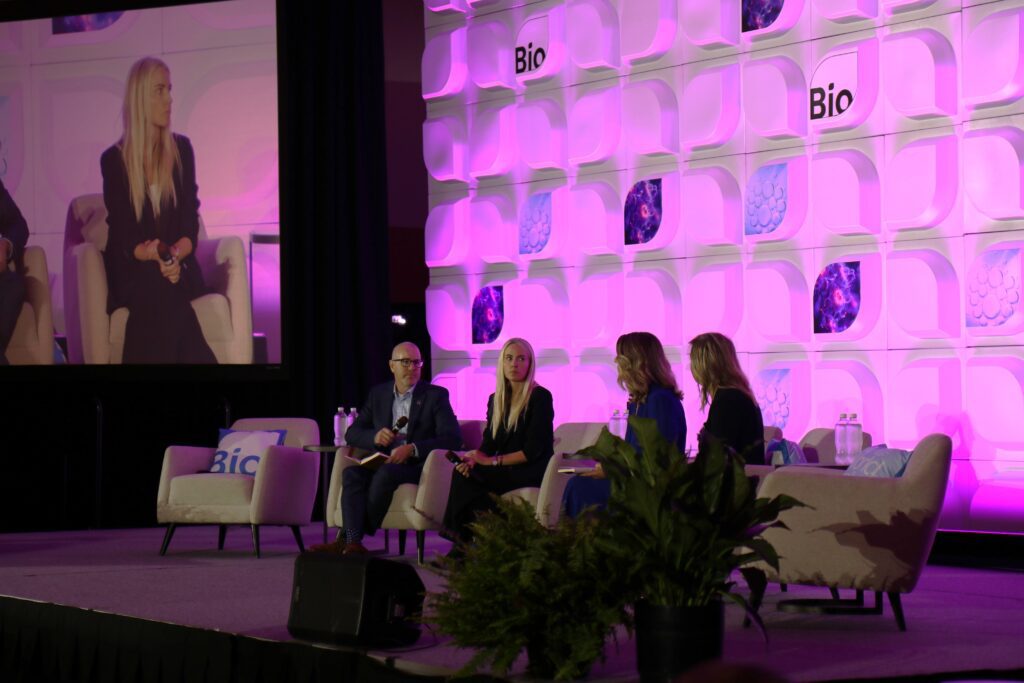Genetically modified organisms like corn, potatoes, pink pineapple, and certain farm-raised Atlantic salmon are all approved for humans to eat in the United States. The U.S. Food and Drug Administration (FDA) wants to educate people in order to advance greater acceptance, Good Day BIO writes.
The FDA released new “Feed Your Mind” educational materials to provide “science-based information” on genetically modified organisms (GMOs) and food. The initiative was launched in 2020 to increase consumer understanding of GMOs, the FDA states.
The new materials feature a video and infographic specifically tailored for consumers, a video and discussion guide designed for health educators, and a video and a fact sheet for registered dietitians and nutrition professionals.
Here’s the video about GMOs for consumers:
A wide variety of resources are available on “Feed Your Mind,” all of which are tailored for patients, medical professionals, and students. These resources include fresh web content, fact sheets, and movies that explain the history of genetic modification in agriculture while using everyday language, interesting imagery, and compelling narratives.
According to the FDA, the project was created in collaboration with the U.S. Department of Agriculture (USDA) and the Environmental Protection Agency (EPA) to offer consumers science-based educational information to help them better understand how GMOs are made, learn more about the kinds of crops that have been modified, get answers to any questions they may have about the health and safety of GMOs, and learn how GMOs are regulated in the U.S.
Education can increase consumer acceptance
Consumer acceptance of gene-edited food compared to conventional or organic food is generally low. However, better education, especially about the benefits, is the best way to raise acceptance in this segment, recent research found. (And only 37% of people who were part of the survey had even heard of gene-edited foods!)
Between drought and heat affecting crops, to ongoing supply chain issues requiring us to rethink agriculture to feed a growing population, ag biotech (like GMOs and gene editing) are more important than ever for “higher crop yields, less crop loss, longer storage life, better appearance, better nutrition, or some combination of these traits,” the FDA states.




